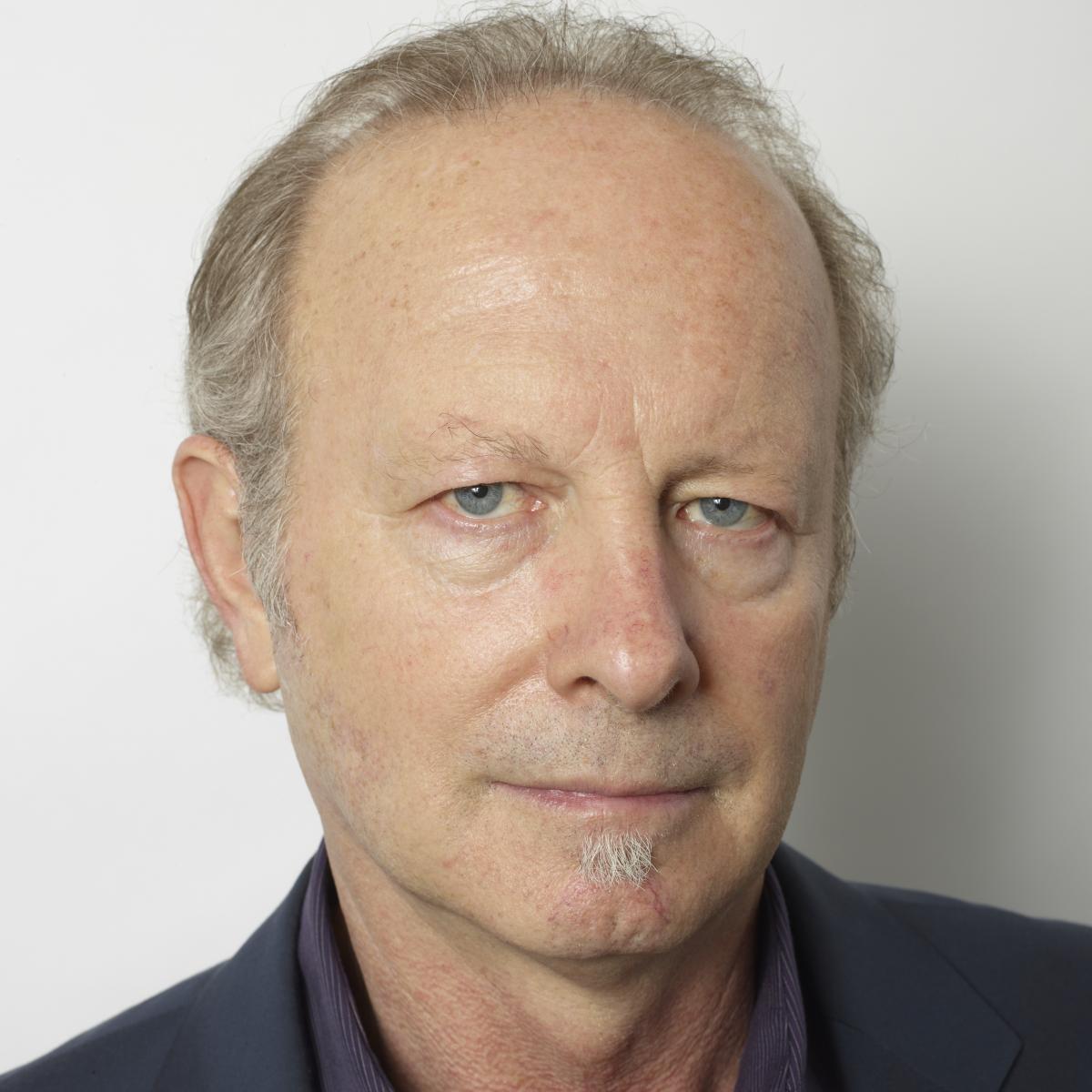*This page is under construction
Plenary Speakers
Amanda Diekman, Ph.D., Indiana University
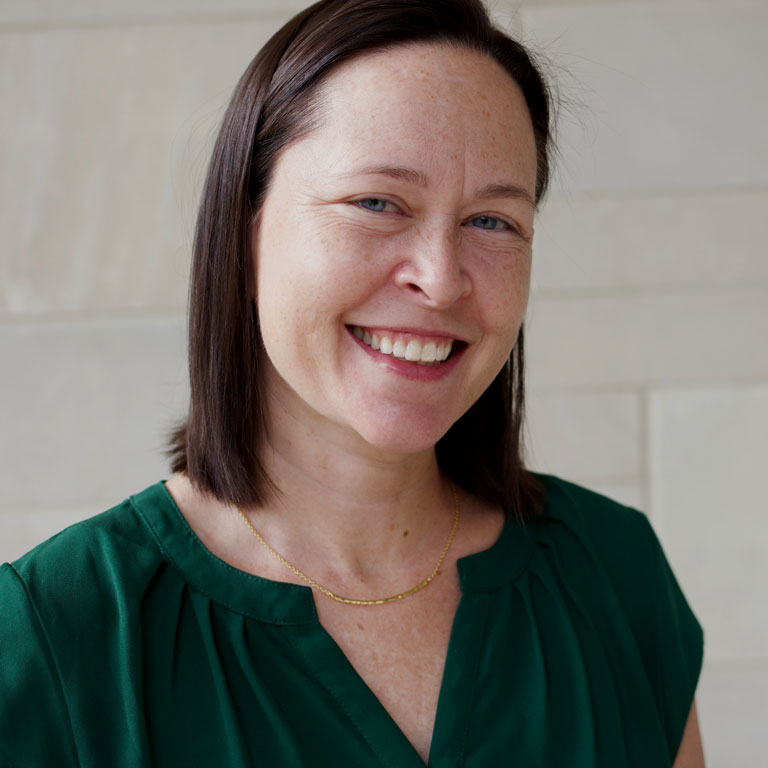
Amanda Diekman is Professor and Associate Chair in the Department of Psychological and Brain Sciences at Indiana University. She received her B.A. from Kenyon College and her Ph.D. in social psychology from Northwestern University. She investigates how gender stereotypes stem from and reinforce the social structure. Her current research examines perceptions that STEM fields do not afford communal opportunities to connect or help others, and she explores the impact of these perceptions on the motivation and engagement of students from underrepresented groups. She is a Fellow of the Association for Psychological Science, the Society for Personality and Social Psychology, and the Society of Experimental Social Psychology.
Gender as Embedded in Societal Structure, Social Context, and the Self: Opportunities and Obstacles
How can we understand both change and stability in gender roles? I will examine how gender is produced and reproduced in three sites: societal structure, social interactions, and the self. First, societal institutions explicitly and implicitly organize around gender, producing gendered experiences and gendered expectations. Second, these expectations and experiences foster certain interactions. Critically, social interactions in turn create behavioral and cognitive confirmation of gendered expectations. Third, gendered expectations and experiences become internalized into the self, including self-concept and gender identity. In turn, gendered selves influence how individuals navigate social interactions and the broader social system. Through this lens, I will trace implications for gender disparities in STEM. STEM careers are uniquely perceived to lack opportunities to connect to or help others: Highlighting these opportunities can close gender gaps in STEM interest. In this way, changing the opportunities within a particular context can appeal to a broader range of individuals, and eventually shift representation in the broader social role. Understanding gender as fundamentally embedded presents both opportunities and obstacles in the path to gender equality.
Michele J. Gelfand, Ph.D., University of Maryland, College Park
Michele Gelfand is a Distinguished University Professor at the University of Maryland, College Park. Gelfand uses field, experimental, computational, and neuroscience methods to understand the evolution of culture--as well as its multilevel consequences for human groups. Her work has been cited over 20,000 times and has been featured in the Washington Post, the New York Times, the Boston Globe, National Public Radio, The Economist, among other outlets. Gelfand has published her work in many scientific outlets such as Science, the Proceedings of the National Academy of Sciences, Proceedings of the Royal Society B, Psychological Science, Nature Scientific Reports, PLOS 1, among others.
She is the author of Rule Makers, Rule Breakers: How Tight and Loose Cultures Wire Our World (Scribner, 2018) and co-editor of several books on conflict management and negotiation. Additionally, she is the founding co-editor of the Advances in Culture and Psychology Annual Series and the Frontiers of Culture and Psychology series (Oxford University Press). Gelfand is the past President of the International Association for Conflict Management, and she has received several awards, most recently including her election to the American Academy of Arts and Sciences in 2019.
Tight or Loose? The Key to Unlocking Our Cultural Divisions
Over the past century, we have explored the solar system, split the atom, and wired the earth, but somehow, despite all of our technical prowess, we have struggled to understand something far more important: our own cultural differences. Michele Gelfand’s research shows that many cultural differences reflect a simple, but often invisible distinction: The strength of social norms. Tight cultures have strong social norms and little tolerance for deviance, while loose cultures have weak social norms and are highly permissive. The tightness or looseness of social norms illuminates similar patterns of difference across nations, states, organizations, social class, and households. Many of the conflicts we encounter spring from the structural stress of tight-loose tension. By unmasking culture to reveal tight-loose dynamics, we can see fresh patterns in history, illuminate some of today’s most puzzling trends and events, and see our own behavior in a new light. At a time of intense political conflict and rapid social change, this template shows us that moderation – not tight or loose extremes – has never been more needed.
Joseph LeDoux, Ph.D., New York University
Joseph LeDoux is a University Professor and Henry and Lucy Moses Professor of Science at New York University, and directs the Emotional Brain Institute located at both NYU and at the Nathan Kline Institute. His work is focused on the brain mechanisms of memory and emotion. LeDoux has received a number of awards for his research, and is an elected member of the American Academy of Arts and Sciences and the National Academy of Sciences. He is also the author of several books, including The Emotional Brain, Synaptic Self, Anxious (which received the 2016 William James Book Award from the American Psychological Association), and The Deep History of Ourselves (which is a finalist for the 2020 Pen America E.O. Wilson Award for Literary Science Writing). As a sideline, he is the lead singer and songwriter in the rock band, The Amygdaloids, and in the acoustic duo, So We Are.
As Soon as There Was Life There Was Danger: Fear Is a Human Invention
Organisms face challenges to survival throughout life. When we freeze or flee in danger, we often feel fear. Tracing the deep history of danger give a different perspective. The first cells living billions of years ago had to detect and respond to danger in order to survive. Life is about not being dead, and behavior is a major way that organisms hold death off. Although behavior does not require a nervous system, complex organisms have brain circuits for detecting and responding to danger, the deep roots of which go back to the first cells. But these circuits do not make fear, and fear is not the cause of why we freeze or flee. Fear a human invention; a construct we use to account for what happens in our minds when we become aware that we are in harm’s way. This requires a brain that can personally know that it exists at the moment, that its body is the entity that might be harmed in the present situation, and that someday it will cease to exist.
Hannah Bockarie, B.A., Commit and Act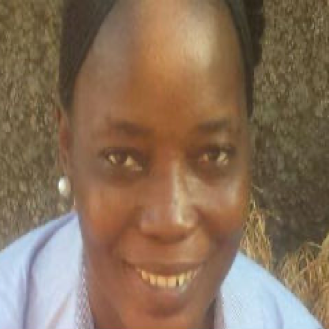
Hannah Bockarie is the Country Director for Commit and Act in Sierra Leone. She is a Sierra Leonan teacher, educated at Makeni Teachers College and has earned a B.A. in social work. Hannah is also a trained psychosocial counselor, certified by the International Rescue Committee and Medecins Sans Frontieres Belgium, Sierra Leone.
In her previous role as social worker, she has led a shelter for girls who experienced violence for the international youth charity Don Bosco, Freetown. She is a very experienced caregiver and engaged in the education and supervision of her colleagues. Hannah brings expertise in representing different mental health programs in her country and has been consulted by the WHO on mental health efforts in the region.
Hannah co-ordinates the activities of the organization, leading core staff. She organizes the training workshops, and leads clinical supervision for local therapists and psychosocial counsellors. In recognition of her courageous and successful work, the Ministry of Health and Sanitation in Sierra Leone declared Hannah the leader of the psychosocial aspect of Ebola prevention in Bo District, and she also received series of awards as the best Psychosocial Counsellor.
My her-story: A woman working to reclaim the world, beginning with one small nation
A nation with strikingly few women leaders, a country facing gender-based violence of pandemic proportions, Sierra Leone sits on the western edge of Africa. I am one of the few, an African woman leading an international NGO. During my formative years as a woman in social work in Sierra Leone, I had no female role models. I worked for years in social service organizations under men who didn’t understand the need we have in Africa to encourage women to speak and be heard. I wanted to dedicate myself to helping women who survived trauma during the civil war. Today I routinely approach powerful government ministers, church officials, and paramount chiefs. I organize women, teachers, and children into effective prosocial workgroups. I led through a global Ebola crisis and later, opened a shelter for abused girls and pregnant teens. In this talk, I will discuss the role I play as a woman leading an effort to reclaim the world starting in one small nation, and I will relate this to the struggles of all women internationally.
Invited Speakers
Patrick Friman, Ph.D., ABPP, Center for Behavioral Health at Boys Town and University of Nebraska School of Medicine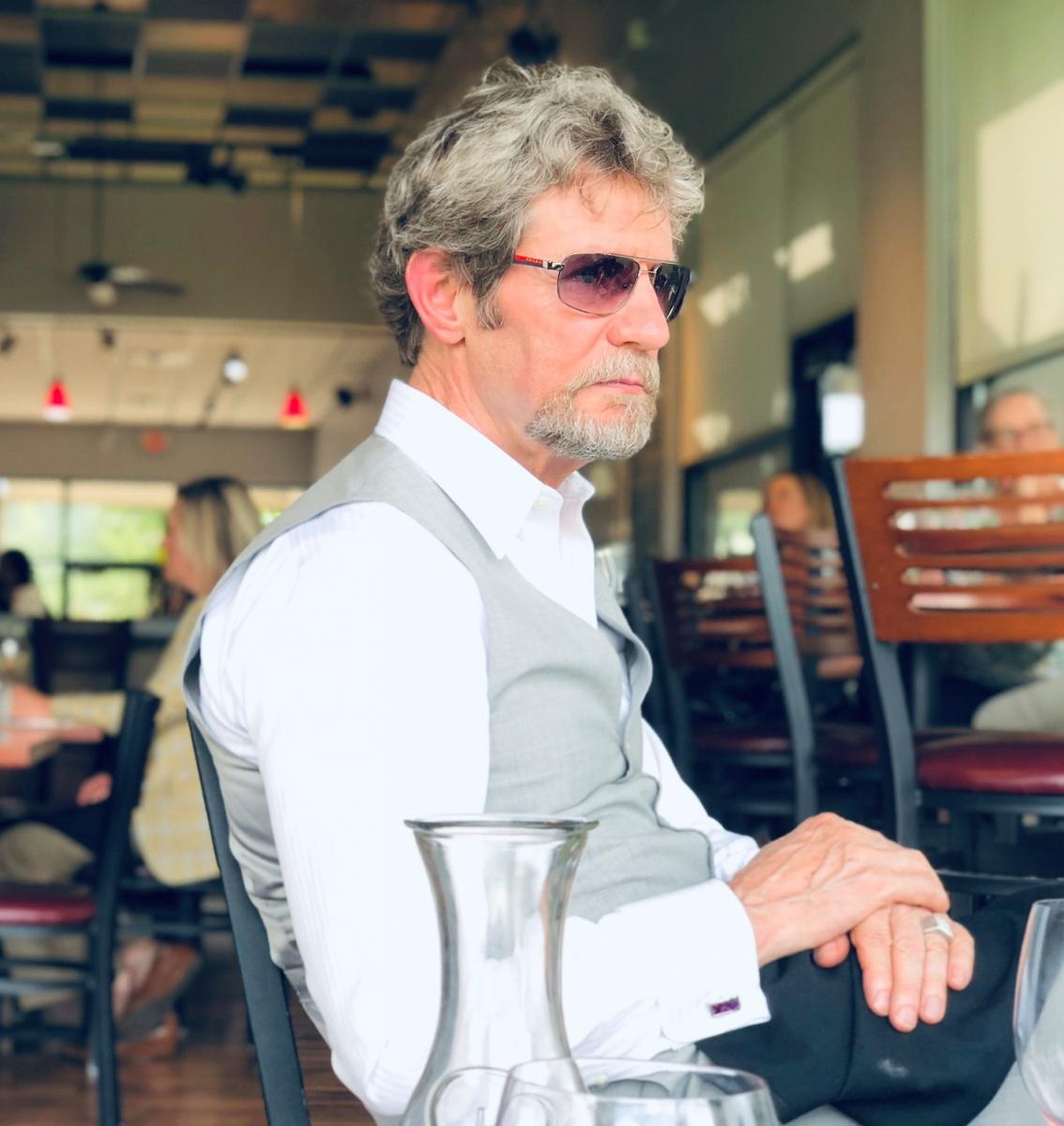
Dr. Patrick C. Friman received his Ph.D. from the University of Kansas. He is the current Vice President of Behavioral Health at Boys Town and a Clinical Professor in the Department of Pediatrics at the University of Nebraska School of Medicine. He was formerly on the faculties of Johns Hopkins University, University of Pennsylvania, and Creighton University Schools of Medicine and the Department of Psychology at the University of Nevada. He is a Fellow of the Association for Behavior Analysis International, in three divisions of the American Psychological Association, and of the American Board of Behavioral Psychology. He is the former Editor of the Journal of Applied Behavior Analysis and former President of the Association for Behavior Analysis International. He is currently on the editorial boards of four peer reviewed journals. He has published more than 200 scientific articles and chapters and three books. The majority of his scientific and clinical work is in Behavioral Pediatrics and Behavioral Medicine.
Six Metaphysical Sources of Reinforcement
The word metaphysics has several definitions. The earliest and simplest is after or beyond physics. Aristotle wrote his noted treatise “Physics” first and subsequently wrote “The Metaphysics.” The definition that best fits this talk is “lacking form or substance.” It is no exaggeration to say that behavior analysts have given metaphysics, no matter how you define it, a wide berth. In this talk, I advocate a reconsideration. I will describe six potential sources of reinforcement all of which lack form and readily discernible substance. This is not to say that giving them form and identifying their substance is impossible. It is merely to say that their form and substance, at present, lack operational definitions. The purpose of this talk is not to provide the definitions, although it will provide some movement towards them. The purpose of the talk is to demonstrate that behavior analysts can and will consider subject matter that affects all human beings even though it does not lend itself readily to observation and measurement.
Akihiko Masuda, Ph.D., University of Hawaii at Manoa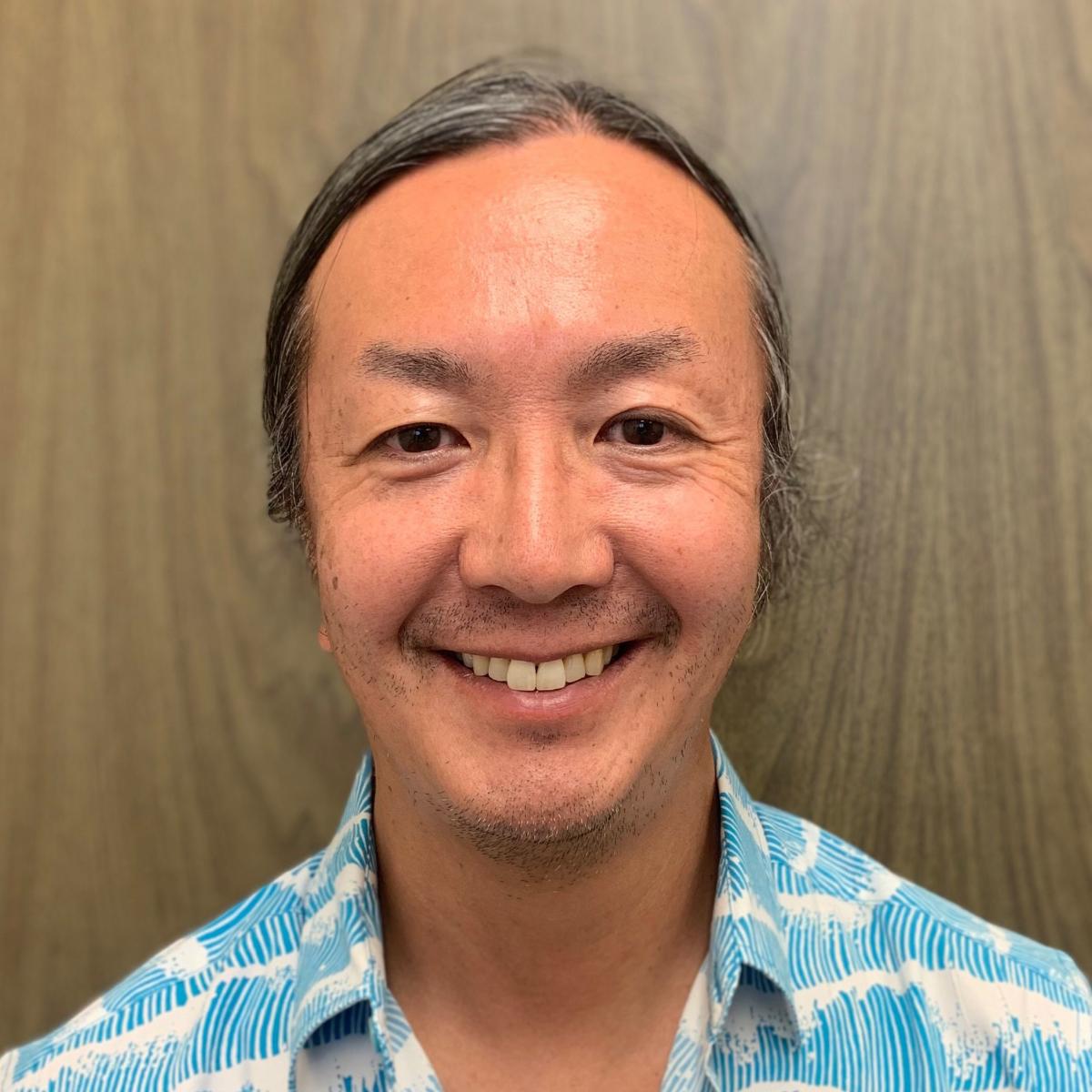
Dr. Akihiko Masuda is an associate professor of Clinical Psychology at the University of Hawai‘i at Mānoa. His primary areas of interest include philosophy of science, clinical behavior analysis, acceptance- and mindfulness-based behavioral therapies, diversity and multi-cultural competency, and Zen Buddhism. He is the author of more than 110 peer-reviewed papers and book chapters. His recent works include Mindfulness and Acceptance in Multicultural Competency (New Harbinger, 2014), Handbook of Zen, Mindfulness and Behavioral Health (Springer, 2017), and Prejudice, Stigma, Privilege, and Oppression: A Behavioral Health Handbook (Springer, 2020).
ACT and Zen: What if Zen is the Chosen Valued-Direction?
To date, there are a number of papers and dialogues that highlight the areas of conversion between ACT and Buddhism. In this talk, I would like to examine this relationship further through following the perspective of Dogen Zen. Dogen Zen is a school of Zen Buddhism that was evolved from the original Buddhism. The aim of Dogen Zen is the actualization of true self, which can be manifested in the form of boundless compassion, wholeheartedness, and simple life. This value-laden aspect of Soto Zen points to a specific direction in therapy that can be incorporated into ACT. At the same time, some of the directions that clients and ACT therapists pursue may not be aligned with that of Soto Zen. To highlight this convergence and divergence, first I am going to present Dogen Zen’s notion/experience of true self in detail. Then, I am going to discuss how desire and values can be played with from the standpoint of true self. Finally, I would like to share everyday actions that are guided by true self.
Caio Miguel, Ph.D., BCBA-D, California State University, Sacramento 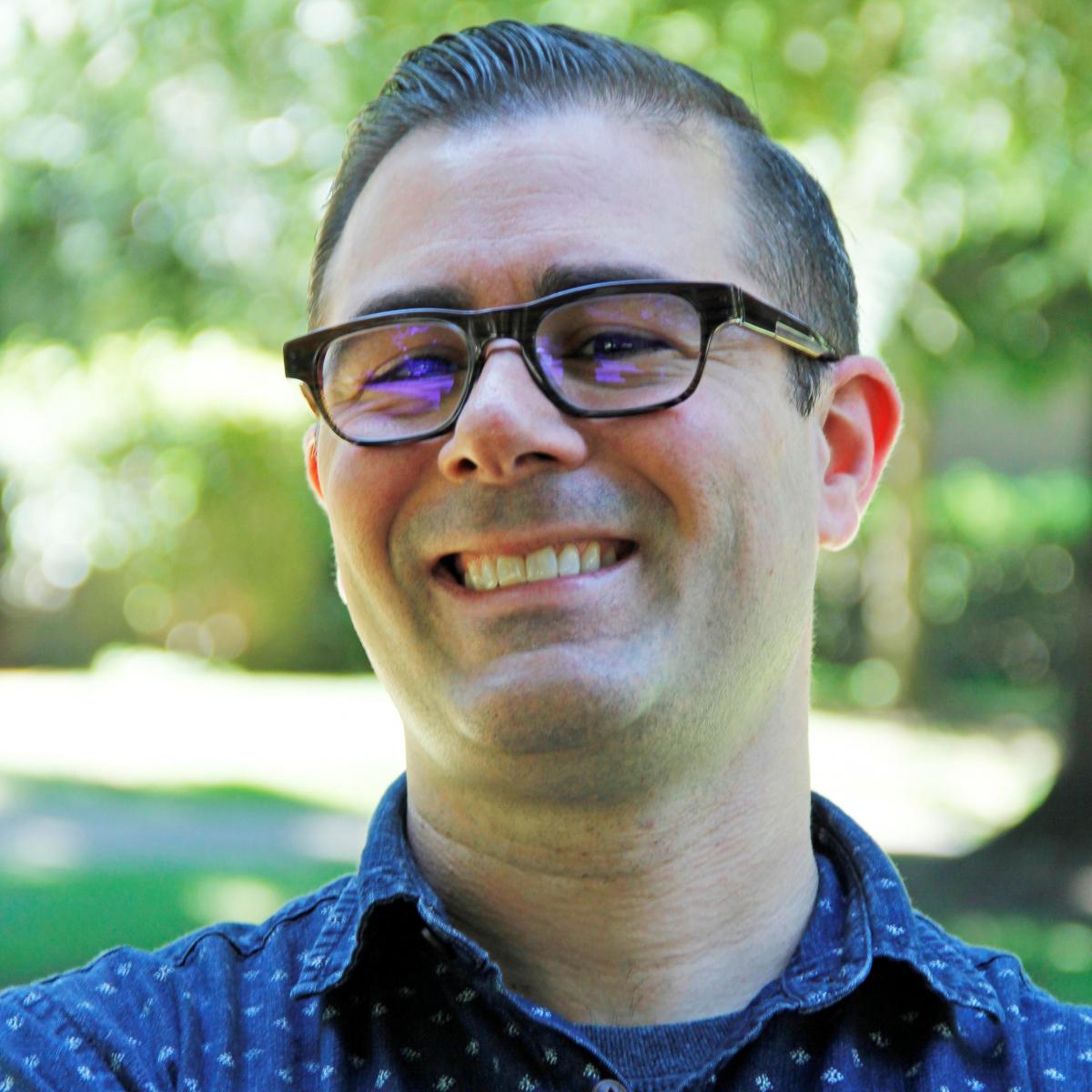
Dr. Caio Miguel is a Professor of Psychology and Director of the Verbal Behavior Research Laboratory at California State University, Sacramento. He holds adjunct appointments at Endicott College, MA., and at the University of São Paulo, Brazil. He is the past-editor of The Analysis of Verbal Behavior and a former Associate Editor for the Journal of Applied Behavior Analysis. Dr. Miguel's research focuses on the study of verbal behavior and stimulus control. He has given hundreds of professional presentations around the world, and has had over 70 manuscripts published in English, Portuguese, and Spanish. He is the recipient of the 2013 award for outstanding scholarly work by the College of Social Sciences and Interdisciplinary Studies at Sacramento State, the 2014 Outstanding Mentor Award by the Association for Behavior Analysis International (ABAI), the 2019 Award for Excellence in Teaching Verbal Behavior from the Verbal Behavior Special Interest Group of ABAI, and the 2019 Alumni Achievement Award from the Department of Psychology at Western Michigan University.
Problem-Solving, Bidirectional Naming, and Derived Stimulus Relations
During the course of language development, children get exposed to a multitude of experiences leading to the development of a higher-order operant referred to as bidirectional-naming (BiN). This operant describes the integration of both listener and speaker behaviors that leads to speaking with understanding. Some problem-solving strategies may require that we talk to ourselves, and in turn, understand what we are saying. During this talk, I will describe a series of studies showing that in the absence of BiN, participants (adults and children with disabilities) often fail to solve problems presented during tests of stimulus equivalence/coordination and comparative relations. BiN seems to be a pivotal skill in the development of complex language and cognition.
Siri Ming, Ph.D., BCBA-D, Private Practice 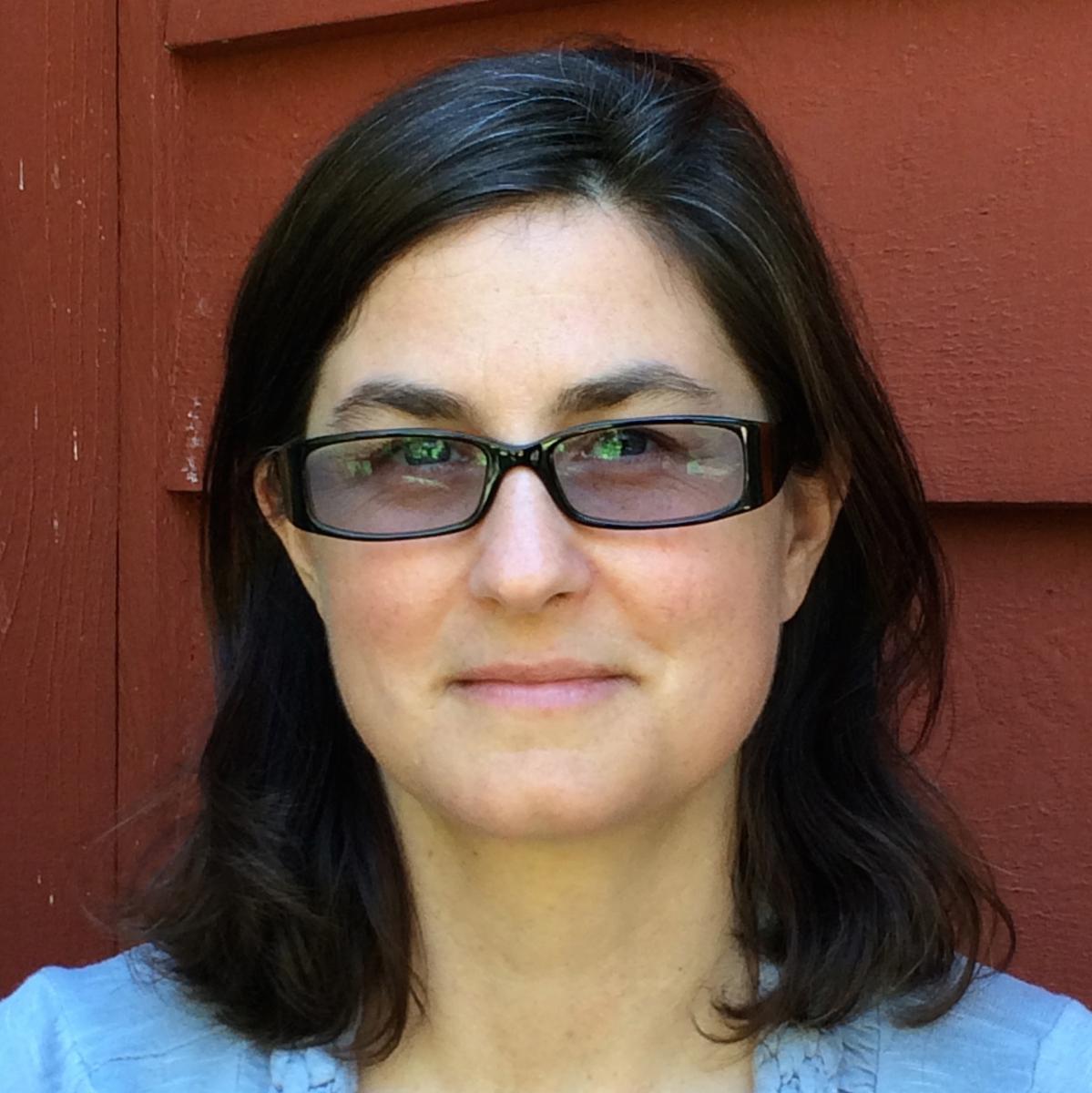
Dr. Ming is a practicing behavior analyst with over 20 years of experience in the field, in positions ranging from direct intervention work with children with autism to regional level quality assurance for developmental disability services across the life span. Her research and clinical focus is on applications of Relational Frame Theory to early intervention programs for children with autism, integrating Skinnerian verbal behavior with RFT. She has authored numerous peer-reviewed research and theoretical articles on applications of RFT as well as a practical handbook on using RFT in early intervention programs. She teaches and acts as subject matter expert for graduate level classes in Verbal Behavior for the Chicago School of Professional Psychology, and is an associate editor for The Analysis of Verbal Behavior journal. Siri has provided supervision to dozens of practitioners working towards board certification, and provides complex case consultation, curriculum consultation, and professional coaching for BCBAs. Her focus since 1998 has been on working with individuals without access to local supervision or expertise due to geographical location, and many of her supervisees were among the very first certified behavior analysts in their country or region.
Viewing EIBI Programming through an RFT Lens
For behavior analysts working with children with autism, taking an RFT perspective fundamentally shifts the focus of our language programming. By viewing the development of complex verbal behavior, including the development of a sense of self, as learning to respond to increasingly complex relational patterns, we can approach language intervention from a truly functional standpoint, setting the foundations for generative language from the very start. Beginning with the social roots of language in joint attention, Dr. Ming describes a powerful and developmentally-informed framework for assessment and intervention based on RFT that moves systematically from teaching simple non-arbitrary relational responding towards establishing complex arbitrarily applicable relational responding in numerous relational patterns. Throughout, she shares lessons learned from research and practice to shed light on the path for behavior analysts on their journey of learning and using RFT.
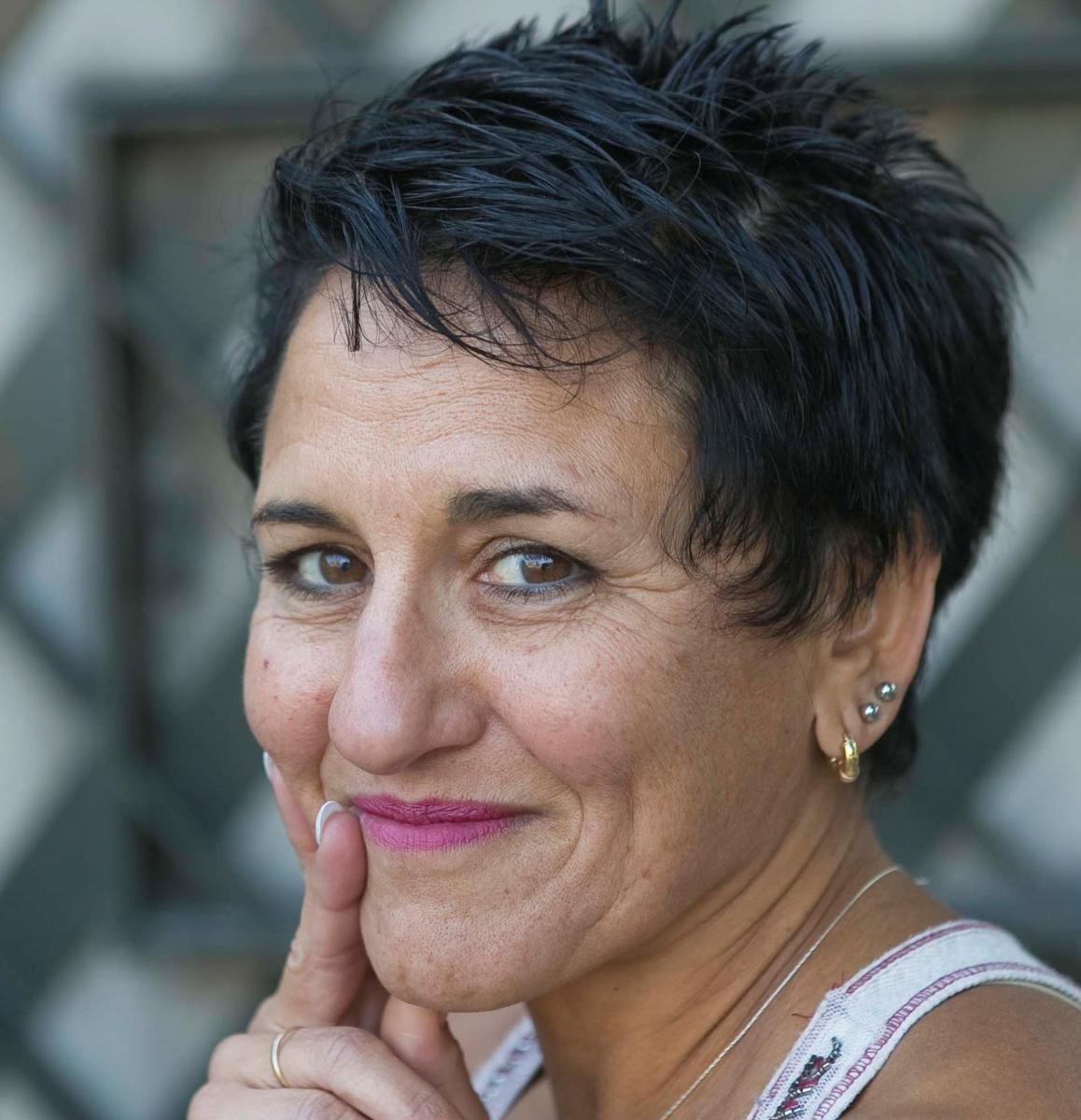 Graciela Rovner, Ph.D., ACT Institutet Sweden & Karolinska Institutet
Graciela Rovner, Ph.D., ACT Institutet Sweden & Karolinska Institutet
Dr. Rovner is known as a highly inspirational and unconventional trainer, the only peer-reviewed trainer that is a physiotherapist (PT). She is a senior pain and mental health specialist PT in Sweden, twice awarded with the prize for the best presentation at the International Conference for Physiotherapists in Mental Health and nominated by the Swedish Physiotherapy association as the best physiotherapist of the year 2014. Her Ph.D. is in Medicine, and her three master's degrees are in clinical medical sciences, psychology, and physiotherapy. She is also the president of the Swedish ACBS chapter.
Based on her clinical translational research and her broad experience as a clinician and clinical innovator, she developed the ACTiveRehab framework, which allows the integrated care and inter-professional team members to implement the principles and processes of ACT from their professional fields (and not as psychotherapy only). The ACTiveRehab is a comprehensive framework to streamline the clinical pathways in an ACT consistent manner and organize the setting for the implementation of ACT principles in integrated care settings.
Evolving health services towards clinical process-based models to manage chronic diseases (mental and/or physical)
Are you delivering your interventions based on old and traditional health care structures? Are you still meeting patients individually because their responsiveness to groups is uneven? And does this limit your availability for other patients? Are you systematically assessing and treating lifestyles that are related to chronic conditions? Health care has been uniquely slow to innovate. The urgent need to prevent and treat chronic conditions requires the implementation of tailored interventions for sustainable lifestyle changes. For that to happen, integrative and evidence-based clinical models that streamline clinical pathways are required. ACTiveRehab is an unique empirically developed clinical model that identifies distinct patterns of psychological flexibility. This algorithm guides the practitioner to reorganize clinical pathways by modularizing the ACT processes in a stepwise manner. Get inspired by the development and research behind ACTiveRehab and its results. We will explore how to modularize and tailor interventions for transdiagnostic groups with shared patterns of PF. We will discuss how ACTiveRehab can flexibility adapt to different settings, from private practice to integrated primary care and university hospitals.
Emily K. Sandoz, Ph.D., University of Louisiana at Lafayette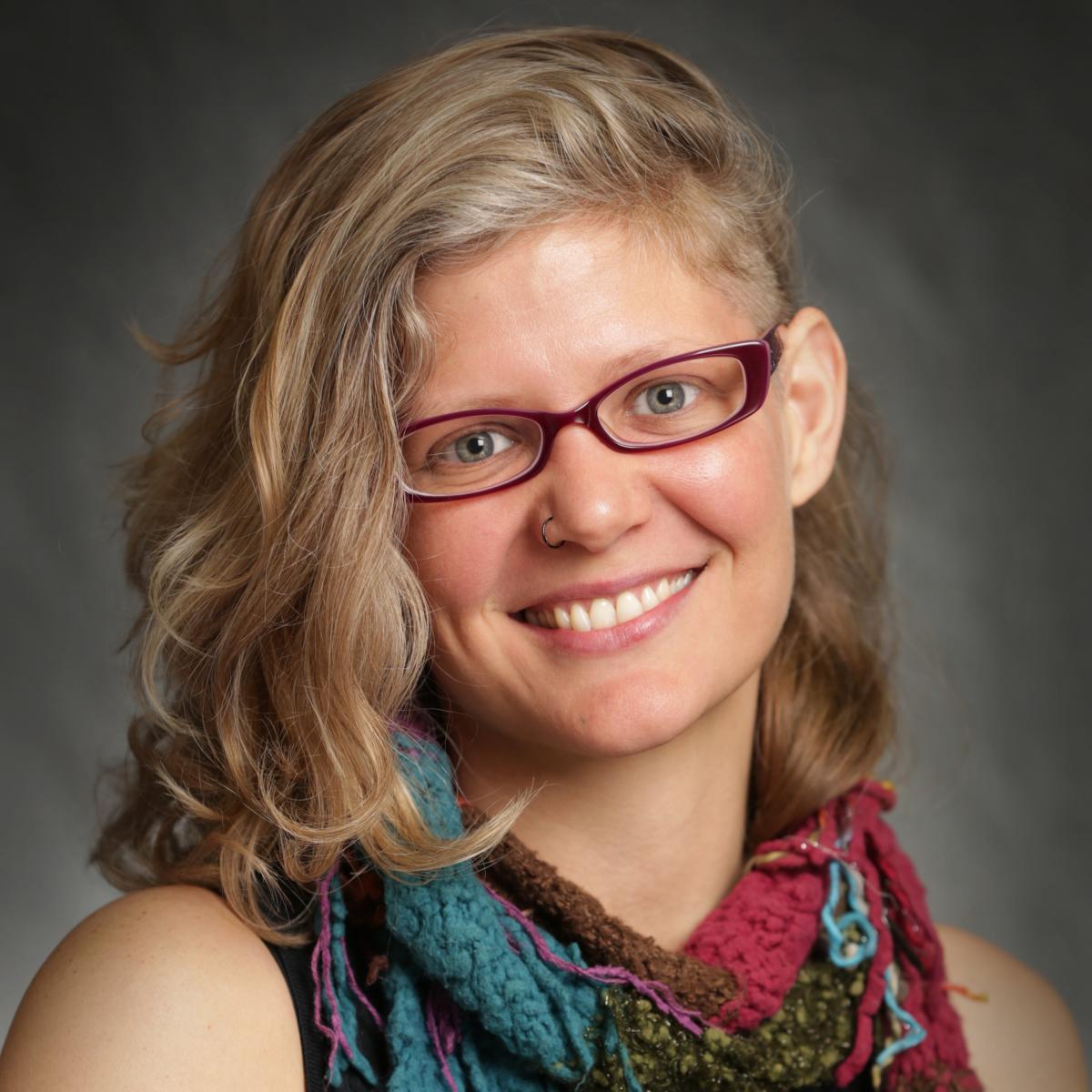
Dr. Emily K. Sandoz is the Emma Louise LeBlanc Burguieres/BORSF Endowed Professor of Social Sciences in the Psychology Department at the University of Louisiana at Lafayette. Emily is the Director of the Louisiana Contextual Science Research Group and the Editor-in-Chief of the Journal of Contextual Behavioral Science. She has co-authored three books on acceptance and commitment therapy for struggles with eating and body image, along with chapters and journal articles on ACT, Relational Frame Theory, values, the therapeutic relationship, and psychological flexibility. Emily has led more than 70 professional training workshops around the world, and serves as a peer-reviewed ACT trainer. She also practices as a Clinical Psychologist, focusing on clinical behavior analysis of body-related difficulties.
Looking Back to Stay Ahead: Recasting ACT as Behavior Analysis
Behavior therapy is shifting to recognizing empirically-based processes of behavior change over and above empirically-supported treatment packages. From a CBS perspective, this is a welcome change, consistent with how we’ve characterized Acceptance and Commitment Therapy (ACT) and Functional Analytic Psychotherapy (FAP), for example – by the behavioral processes they target instead of by particular techniques. Over time, however, mid-level processes seem to drift from the basic philosophical, theoretical, and empirical foundations from which they emerged. When this occurs, clinicians struggle to assess and intervene on mid-level processes in the moment, and they devolve into unobservable personological factors. This limits the clinician’s sensitivity, responsiveness, and creativity in therapy, thus limiting most of the advantages of using a process-based therapy! And, it doesn’t have to be this way. We have, in CBS, an incredibly powerful way of understanding behavior - in terms of its context. And this understanding lends itself directly to assessment and intervening in the moment. This paper will recast ACT as behavior analysis - in terms of context, behavior, and functional relations among them.


